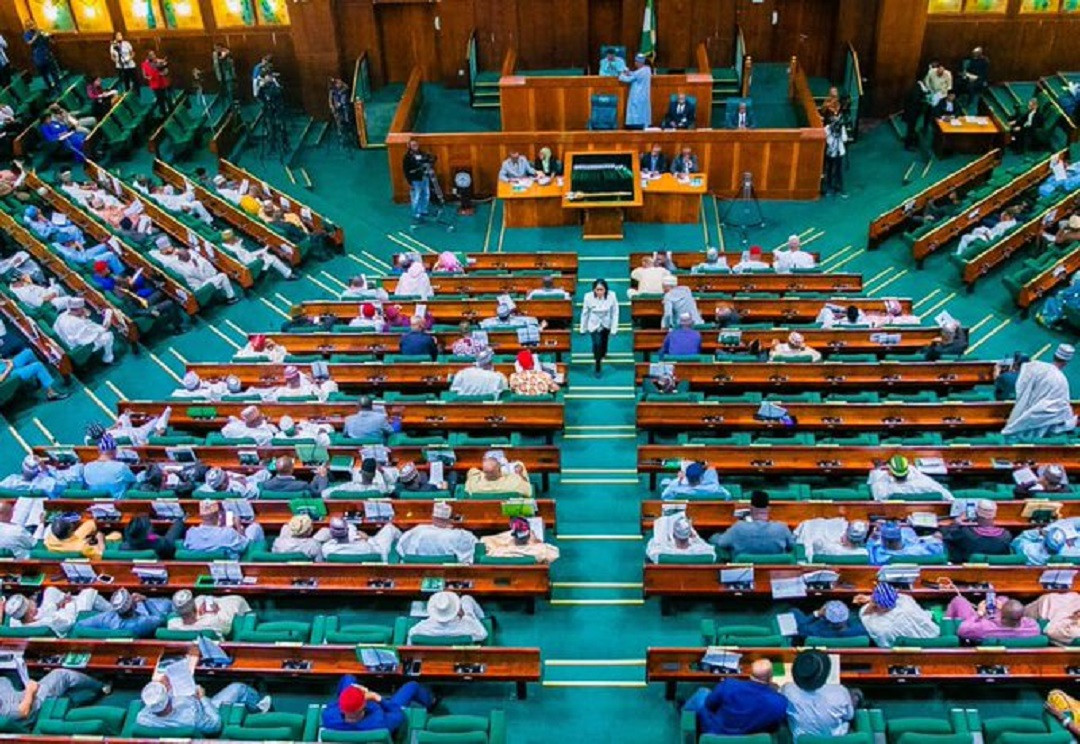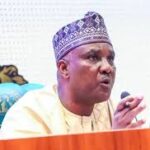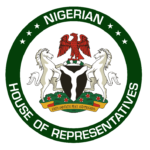There is no gainsaying the fact that Nigeria is facing one of its worst security challenges in recent history, which is a matter of concern among Nigerians.
It was out of this concern and the responsibility bestowed on them by the country’s constitution, as representatives of the people, that the members of the House of Representatives unanimously constituted a Special Committee on National Security on March 17, 2021.
- FG: Twitter, Facebook, others must get licence from NBC
- AfDB says $10bn COVID-19 fund boosting Africa’s recovery
The committee was headed by the Speaker, Rep. Femi Gbajabiamila, with the remaining nine principal officers as well as 30 other lawmakers as members.
The panel was to undertake a comprehensive study of the issues and challenges of national security and recommend innovative and practical solutions for implementation.
After a series of behind-the-scenes meetings and consulting widely, it came up with modalities for a national security summit, the type never witnessed before.
Part of the consultations was the commitment the Speaker was able to extract from President Muhammadu Buhari, for the Executive arm to implement the recommendations arising from the summit. It also received numerous memoranda from Nigerians.
The summit, which was held from May 26 to May 28, was an avenue for frank talks and did not allow any room for apportioning blame. Rather, participants were encouraged to articulate their ideas for a way forward and proffer solutions.
Speeches, remarks, comments, goodwill messages and observations were made in the open. But as is always the case with issues such as this, the meat of the summit was discussed at the closed-door sessions so as to give all stakeholders the latitude to speak directly and frankly without jeopardising national security.
Interestingly, Nigerians have shown that they are as concerned as their representatives on the issue. In what could best be described as the height of patriotism, thousands of memoranda – qualitative ones at that – were received, which formed part of the technical session of the summit.
Speaker Gbajabiamila stressed, in his opening speech, the need for joint efforts by governments and all Nigerians to overcome the rising insecurity in the country.
Nobody is in doubt that Nigeria is currently under attack by insurgents, bandits, kidnappers and other criminal elements, which called for a united and coordinated security approach, he added.
Worthy of note was the fact that “previous and current approaches to addressing the challenges of insecurity have not yielded the desired results.”
President Buhari, represented by the Secretary to the Government of the Federation (SGF), Boss Mustapha, expressed satisfaction with the action of the Green Chamber, adding that our security challenges required the support of all Nigerians.
The President of the Senate, Senator Ahmad Ibrahim Lawan, said Nigeria was at a crossroad. “The very essence of the existence of this country is under serious threat.”
Lawan said the National Assembly’s perspective to solving the current security challenges was essential and urged Nigerians to continue supporting the security agencies.
The Sultan of Sokoto, Alhaji Muhammadu Sa’ad Abubakar, the Ooni of Ife, Oba Adeyeye Enitan Ogunwusi, and the Obi of Obinugwu, Eze (Dr) Cletus Ikechukwu Ilomuanya, also added their voices to the need of collaborative efforts among Nigerians to end the menace confronting the nation.
Perhaps the best takeaway is the show of the determination by the leadership of the House to carry the issue forward.
On June 8, 2021, the Speaker kept the promise of coming up with proactive legislation that will change the way and manner security matters are handled in the country.
At plenary, nine bills arising from the security summit were presented. In announcing this, Gbajabiamila said the bills arose from the contributions received from Nigerians during the summit.
The newly introduced security-related bills are the Armed Forces Act (Amendment) Bill, 2021; Police Act (Amendment) Bill, 2021; National Security and Civil Defence Corps Act, 2003 (Amendment) Bill, 2021; National Security and Civil Defence Corps Act, 2007 (Amendment) Bill, 2021; ECOWAS Convention on Small Arms, Light Weapons and Ammunition (Ratification and Enforcement) Bill, 2021.
Others are the Economic and Financial Crimes Commission Act (Amendment) Bill, 2021; Corrupt Practices and Other Related Offences Act (Amendment) Bill, 2021; Customs and Excise Management Act (Amendment) Bill, 2021.
There is also a bill on the amendment of Sections 215 (5) and 315 (5) of the constitution, which seeks to establish a judicial review of police actions and to strip certain laws from the constitution to make it possible for their reform through regular legislative processes.
As for the ECOWAS Bill, it seeks to ratify the ECOWAS Convention on Small Arms, Light Weapons and Ammunition as well as ensure enforcement of same in Nigeria.
The other bills are intended to reform Nigeria’s national security statutory framework and address the issues of overlapping mandates resulting in inter-agency rivalry and lack of cooperation among the security agencies. Another aspect is to make community policing operational so that communities and the police can work together to protect the citizens. The bills are part of the first phase of the legislative interventions on national security by the House, according to the Speaker.
Importantly, there is reinforcement of the determination of the Executive and the Legislature to work together to find a lasting solution to this problem. With this, Nigerians should be rest assured the situation is not a hopeless one as there is that political will on both sides to tackle it.
Musa Abdullahi Krishi is the Chief Press Secretary to the Speaker, House of Representatives, Federal Republic of Nigeria

 Join Daily Trust WhatsApp Community For Quick Access To News and Happenings Around You.
Join Daily Trust WhatsApp Community For Quick Access To News and Happenings Around You.


